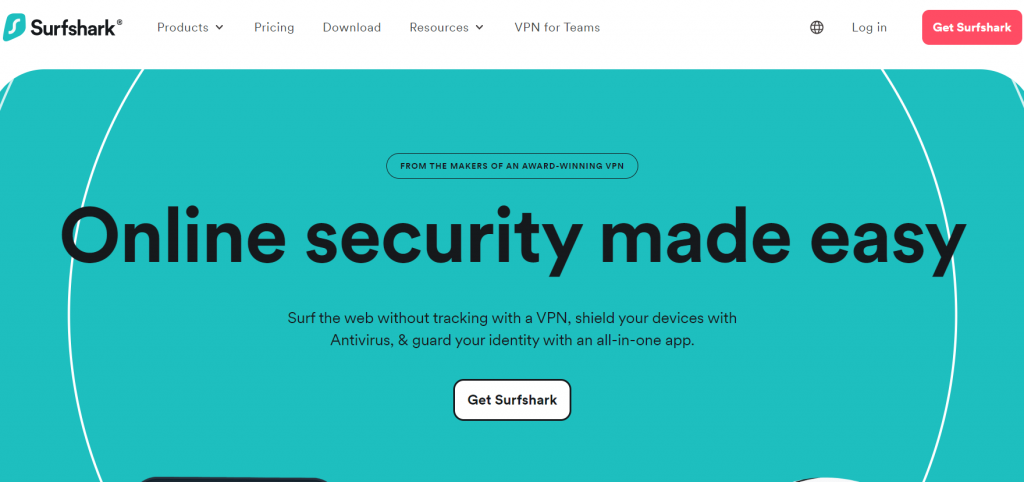
In today’s digital age, cyber threats loom larger than ever. We navigate an online world filled with opportunities and conveniences, but lurking in the shadows are malicious actors ready to exploit our every move. From personal data breaches to large-scale corporate hacks, the stakes have never been higher. Understanding what cyber attacks entail is crucial for everyone—individuals, businesses, and organizations alike.
With the rise of remote work and cloud-based services, our reliance on technology has intensified. Yet this dependence also opens doors for hackers seeking vulnerabilities to pounce upon. The urgency for robust antivirus protection cannot be overstated; it’s not just a safety measure anymore—it’s essential armor against an increasingly hostile environment online.
Are you prepared? Let’s dive into what these cyber attacks mean for you and why having solid antivirus software is no longer optional but vital in safeguarding your digital life.
What are Cyber Attacks?
Cyber attacks are deliberate attempts to breach the digital defenses of individuals or organizations. They come in various forms, each designed to compromise data integrity, confidentiality, or availability.
Common types include phishing scams, where attackers trick users into revealing sensitive information through deceptive emails. Ransomware is another alarming tactic; it locks up crucial files and demands payment for their release.
Denial-of-Service (DoS) attacks flood networks with traffic, causing systems to crash and become inaccessible. These assaults can disrupt businesses and tarnish reputations in mere moments.
Malware refers to a broad category of software designed specifically for harm—think viruses and trojans that infiltrate systems unnoticed.
Understanding these threats is the first step toward protecting yourself in an increasingly interconnected world. Cybersecurity awareness can be your best defense against becoming a victim of these malicious acts.
The Effects of Cyber Attacks
Cyber attacks can have devastating effects on individuals and organizations. They often lead to data breaches, exposing sensitive information like personal identification numbers, financial records, and private communications.
The financial implications are significant as well. Companies face hefty costs related to recovery efforts, legal fees, and potential fines from regulatory bodies. A successful attack can erode customer trust almost overnight.
Beyond finances, there’s a psychological toll. Victims may experience anxiety or paranoia about their online security after an incident. This heightened sense of vulnerability can affect daily life.
Operational disruptions are another consequence. Businesses may find themselves unable to function normally during the aftermath of an attack, leading to lost productivity and revenue.
In some cases, cyber attacks even threaten national security by targeting critical infrastructure systems that keep society running smoothly. The ripple effects can be felt far beyond the initial breach.
How Antivirus Protection Works

Antivirus protection acts as a digital shield against malicious threats. It scans files and applications on your device, looking for signatures of known malware. When it detects something suspicious, it either quarantines or removes the threat.
Real-time scanning is another key feature. This means that every time you download a file or open an application, the antivirus software examines it immediately for potential risks.
Behavioral analysis also plays a crucial role. Instead of solely relying on known viruses, advanced software monitors how programs behave to identify unknown threats based on their actions.
Regular updates ensure the software remains effective against new vulnerabilities. Cybercriminals constantly evolve their tactics; therefore, your antivirus must adapt accordingly to provide robust protection in an ever-changing landscape.
With these mechanisms working together, antivirus software provides comprehensive defense, helping users maintain security and peace of mind while navigating online spaces.
Types of Antivirus Software
When it comes to antivirus software, options abound. Each type serves a unique purpose, catering to different user needs.
Signature-based detection is the most common method. It relies on a database of known malware signatures. If your system encounters something familiar, it raises the alarm.
Behavioral-based protection offers another layer of security. This approach monitors programs for suspicious behavior in real time. If an application starts acting like malware, it gets flagged.
For those seeking comprehensive solutions, internet security suites combine antivirus with firewall protections and anti-spyware tools. These suites provide robust defenses against various cyber threats.
Cloud-based antivirus solutions leverage online databases to detect threats efficiently. They consume fewer local resources and update continuously without user intervention.
Choosing the right type depends on personal preferences and specific requirements in today’s evolving digital landscape.
Our Recommendation: Surfshark Website

As we navigate the increasingly perilous waters of the digital world, choosing the right antivirus protection becomes essential. Surfshark stands out as a reliable option for safeguarding your devices against various cyber threats.
Not only does it offer robust malware detection and removal capabilities, but it also provides features like a built-in VPN to help maintain your privacy online. With its user-friendly interface and seamless integration across multiple platforms, installing and managing Surfshark is straightforward.
Moreover, Surfshark’s ongoing commitment to updates ensures that your defenses are always up-to-date against emerging threats. By prioritizing both security and usability, this software enables users to browse confidently in an ever-evolving landscape of cyber risks.
Investing in quality antivirus protection can make all the difference in protecting personal information and maintaining peace of mind while using technology. Explore what Surfshark has to offer—because when it comes to cybersecurity, being proactive is key.





